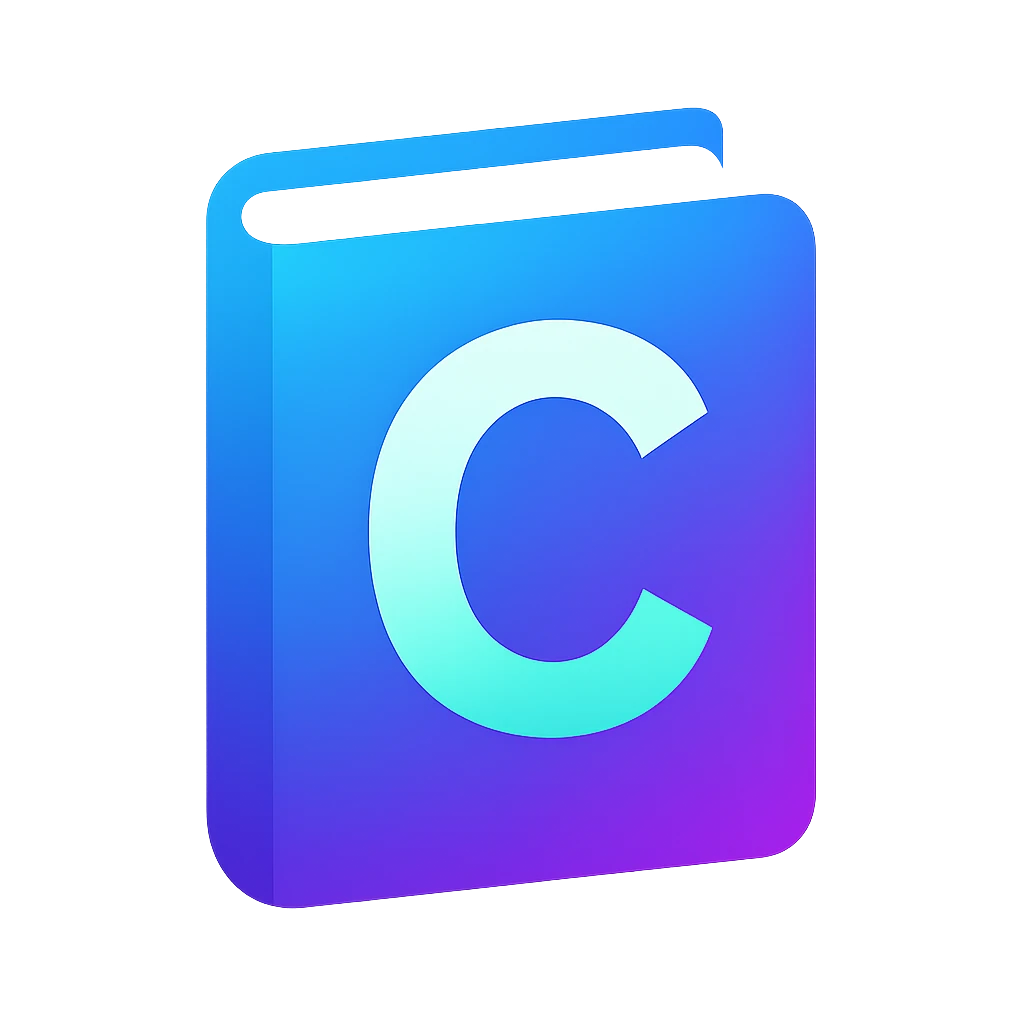union#
If we want to use the same object, a.k.a. data storage for different datatypes, which can save memory.
#include <stdio.h>
union {
int i;
float f;
} number;
int main() {
number.f = 1;
printf("decimal: %1$d\nhexadecimal: %1$08x", number.i);
}
decimal: 1065353216
hexadecimal: 3f800000
That the output is different dependent on the data type is similar to the behavior we have seen in section Data types.
Note
You can also create a union tag or new type similar to struct.
Exercise 58 (Retake: Different interpretations of a byte)
We have demonstrated different interpretations of a byte before.
Recreate the same output using an union using the template below.
Explain the output.
#include <stdio.h>
char data = 0b1000'0110;
// YOUR CODE HERE
int main() {
u.data_signed = data;
printf("%d\n", u.data_signed);
printf("%d\n", u.data_unsigned);
// We omit the character representation,
// because many terminals use UTF-8 and
// these values > 127 do not correspond
// to a symbol in UTF-8
}
The output should be:
-122
134
Appendix#
Another use of
union: pseudo polymorphism
